Adoor Gopalakrishnan (Malayalam)
He’s called the “spiritual heir” of Satyajit Ray. Gopalakrishnan’s films have premiered as far as Cannes and Venice, but his themes are close to home. In 14 films made over five decades, he explored the society and culture of Kerala; as well as universal human themes such as love, choice, want. Gopalakrishnan has won 16 National Awards, including one for his debut film Swayamvaram (1972), which follows a couple as they elope and then struggle to make a life together.
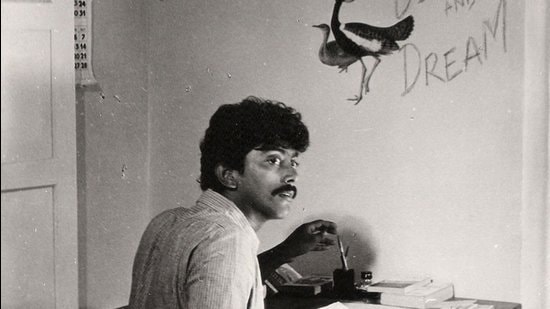
Anantaram (Thereafter; 1987), a mysterious and tragic coming-of-age film, is about a young man who falls in love too easily, including with his brother’s wife. Now 80, Gopalakrishnan’s latest film was Pinneyum (Once Again; 2016), about an unemployed man, supported by his wife, trying to find his place in the world.
Girish Kasaravalli (Kannada)
He’s known for being independent, prolific and for being Adoor Gopalakrishnan’s favourite filmmaker. Kasaravalli, 70, has made 17 films (an 18th is in the works) and won 14 National Awards, including four for best feature film. His neo-realistic style, inspired by filmmakers such as Akira Kurosawa, Satyajit Ray and Federico Fellini, explores life in the Karnataka heartland.
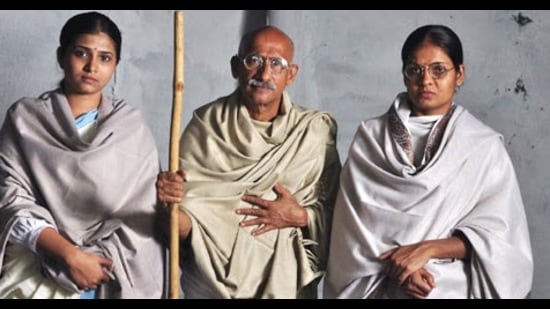
His debut film, Ghatashraddha (The Ritual; 1977), an adaptation of a story by UR Ananthamurthy, is about the excommunication of a Brahmin girl after she gets pregnant out of wedlock. His latest, Koormavatara (The Tortoise Avatar; 2011), based on a short story by KumVee, was about a government employee cast as Mahatma Gandhi in a play, a character he then finds he can’t shake off.
John Abraham (Malayalam)
One of the most intriguing directors to come out of Kerala, Abraham (1937- 87) made only four films (including one in Tamil) but is ranked among the greatest Indian auteurs. He was a nomad and champion of the avant-garde.
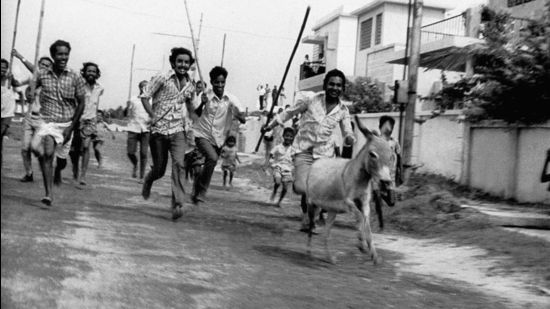
In Agraharathil Kazhuthai (Tamil; Donkey in a Brahmin Village; 1977), a satire on caste superiority and superstition, a donkey played the lead. His last film, Amma Ariyan (Report to Mother; 1986), was about a young Naxal whose friends have to deliver the news of his death to his mother.
Akkineni Kutumba Rao (Telugu)
Rao started out as an author of children’s books and is a rare Indian filmmaker renowned for his films for children. His first movie, Bhadram Koduko (Be Careful Son; 1992), was about the lives of a group of street children.
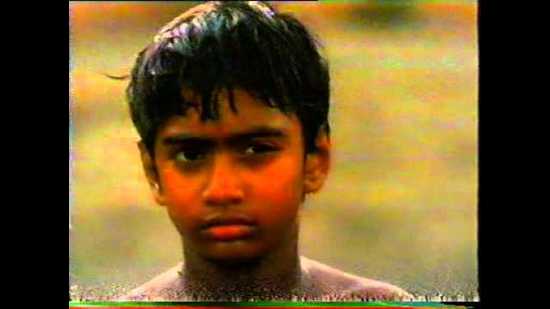
Now 75, Rao has made a total of five films, all exploring life among the marginalised. In his last movie, Gulabeelu (Roses; 2005), he explores the friendship between two young girls.
K Balachander (Tamil)
One of Tamil cinema’s most celebrated directors, Balachander was a quiet force who emerged in the age of the superstars. He made films about women, their aspirations and emancipation. He has worked as writer or director on over 50 films, most in the ’70s and ’80s. Arangetram (1973), starring Prameela and a young Kamal Haasan, was about a single mother, poverty and prostitution.
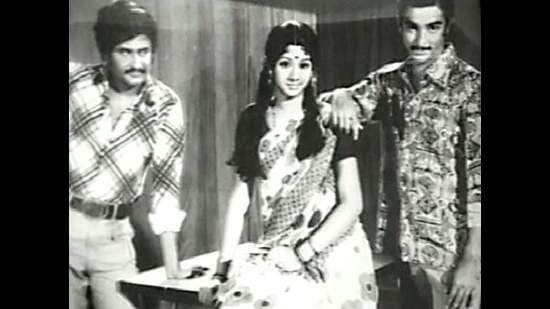
Aval Oru Thodar Kathai (Her Never-Ending Story; 1974) is about a working woman who sacrifices her dream of a home and family of her own. Moondru Mudichu (The Three Knots; 1976), starred a young Sridevi, Kamal Haasan and Rajinikanth, in a romantic drama about a woman and the two male roommates who fall in love with her.
Enjoy unlimited digital access with HT Premium
Subscribe Now to continue reading

Stay connected with us on social media platform for instant update click here to join our Twitter, & Facebook
We are now on Telegram. Click here to join our channel (@TechiUpdate) and stay updated with the latest Technology headlines.
For all the latest Art-Culture News Click Here
